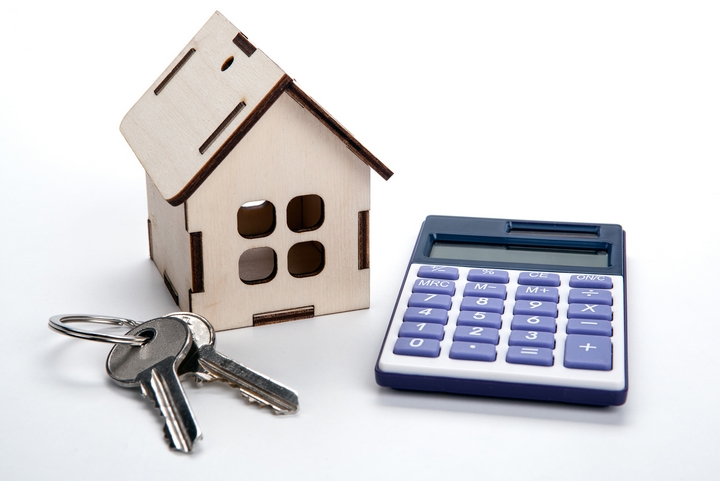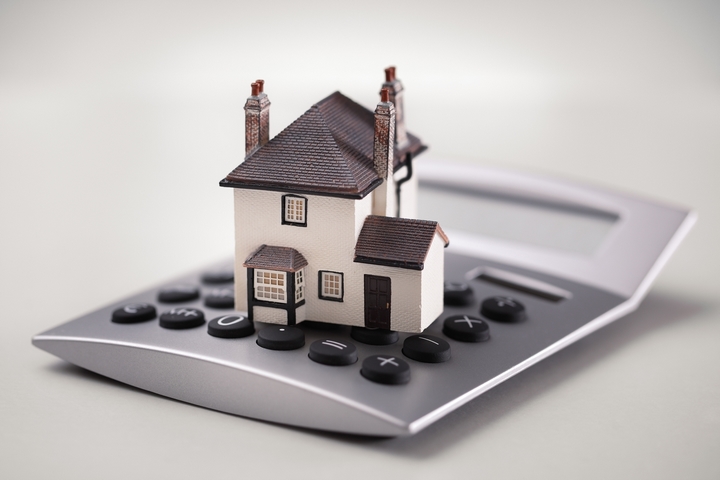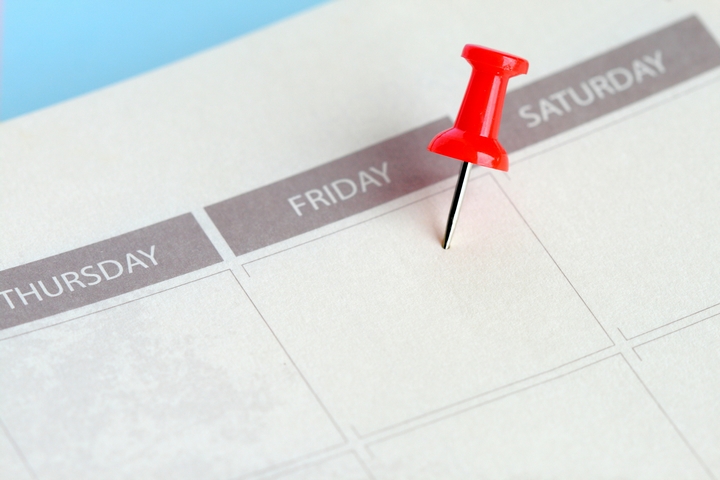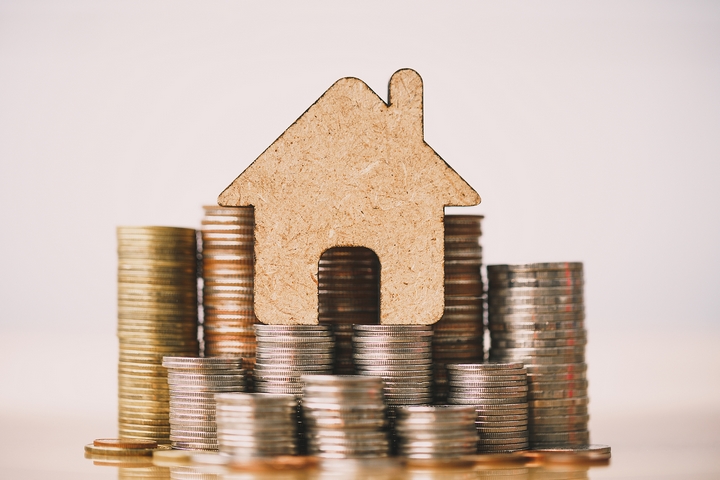There are several big purchases in life that an individual, couple, or family can make. Moving into a new home, for example, is one of those acquisitions that can be extremely worthwhile. However, the process of purchasing a home is longwinded, and may take up a substantial amount of time.
This partly comes down to the overall nature of owning a home. Before you actually close the deal, you’ll have to contend with various, preliminary components. Tackling the issue of making a deposit is one of the first factors to deal with.
Here is a guide on how to put a deposit on a house:
What is a house deposit?

It is important to discern just what exactly a house deposit is. In the most general of senses, a deposit is considered to be a good faith amount of money put towards a property. This amount is, of course, put down by the potential buyer.
The deposit covers a number of things during the initial stage of the home purchasing process. Namely, it provides security to the seller, who needs tangible assurances that the deal to be made is valid. In the event of any breaches of contract, the deposit will cover some necessary pre-estimate damages as well.
Amount of deposit

Depending on where you live, the eventual amount that you will need to allocate towards the home will fluctuate. In the most common of scenarios, this number usually hovers around the five per cent mark. This percentage is based on the actual purchase price of the property, but can vary accordingly. Since the deposit may be a sizable amount, many people take a loan for house deposit that they can pay off easily in the future.
In addition, it is commonly accepted that putting more towards the deposit equates to being serious about the deal. Showing the seller that you are ready to move forward with the rest of the transaction hinges on the deposit amount. As a result, do your best, if you are a potential buyer, to not offer less than five per cent!
Due dates

When making your eventual deposit, it is crucial to keep in mind some important due dates. The timeframe in which you are given to make the deposit is significant. For the most part, your seller should first indicate to you on whether or not the offer made is acceptable. If all parties agree here, the deposit is due within twenty-four hours.
These twenty-four hours may seem like a time crunch, especially if you can’t secure the funds immediately. That is why it is imperative to make arrangements with your bank, if need be. Funds may take a couple of business days to move from one account to another. Keep this in mind, and you will be good to go.
Deposit receiver

You may be thinking about who exactly the funds will be made out to. Unless stated otherwise, the deposit isn’t made out directly to the seller. You’ll have to make arrangements to direct the deposit to their real estate representative. This can either be their agent or requisite brokerage.
Don’t worry about any potential mishaps being made here. Deposits can’t be used by these real estate representatives to pay for their own expenses. The funds are held in trust, and reserved for a further time, as the home purchasing process continues along. Double check with your realtor, to determine who will receive the actual deposit.
Deposit vs. Down payment

These two terms are often conflated with one another, but there still remains some differences with each. As mentioned previously, the deposit is an amount of money used to indicate to a seller that you are serious about the property. A down payment, on the other hand, comes after the deposit stage.
A down payment is an amount of money that is put towards the purchase price of said property. It is an entirely different subject altogether, and may necessitate the use of additional financial help. To make things clearer, however, the deposit will come first, when trying to purchase a home.
Closing the deal

When the property transaction nears its end, the area of closing the deal will eventually be discussed. For the most part, the deposit will be used in accordance with the buyer’s closing costs. This can relate to their closing of statements at the end of the deal, for example. Remember, it is always important to discuss this with your realtor, if you remain unclear!
All enormous purchases in life begin with a simple decision. For those looking to purchase a home, you’ll have to become familiar with various pieces of preliminary information. The deposit will likely be the first area that you will have to handle, in this light. Prepare your savings accounts, go over the details, and always ask questions for clarity’s sake!
